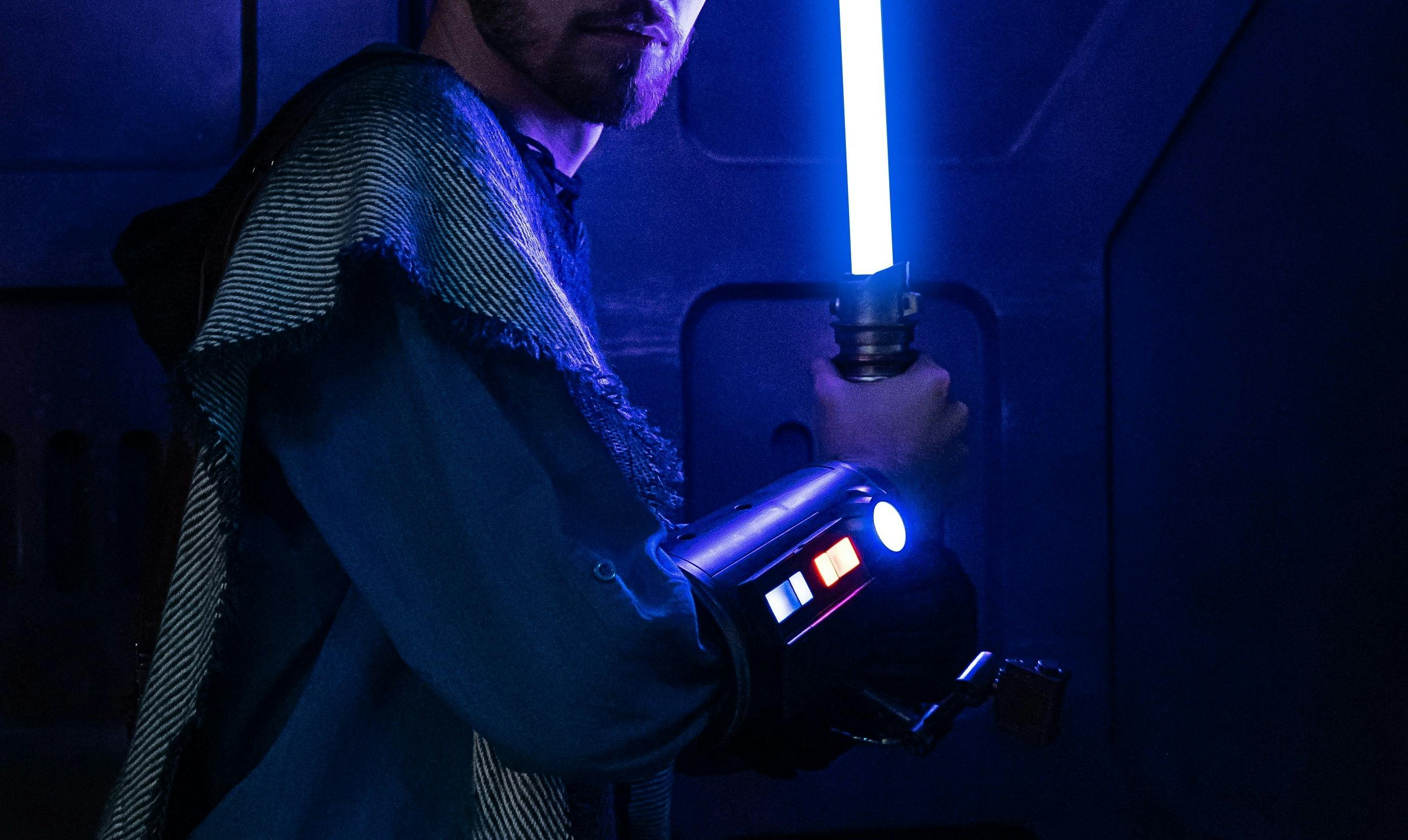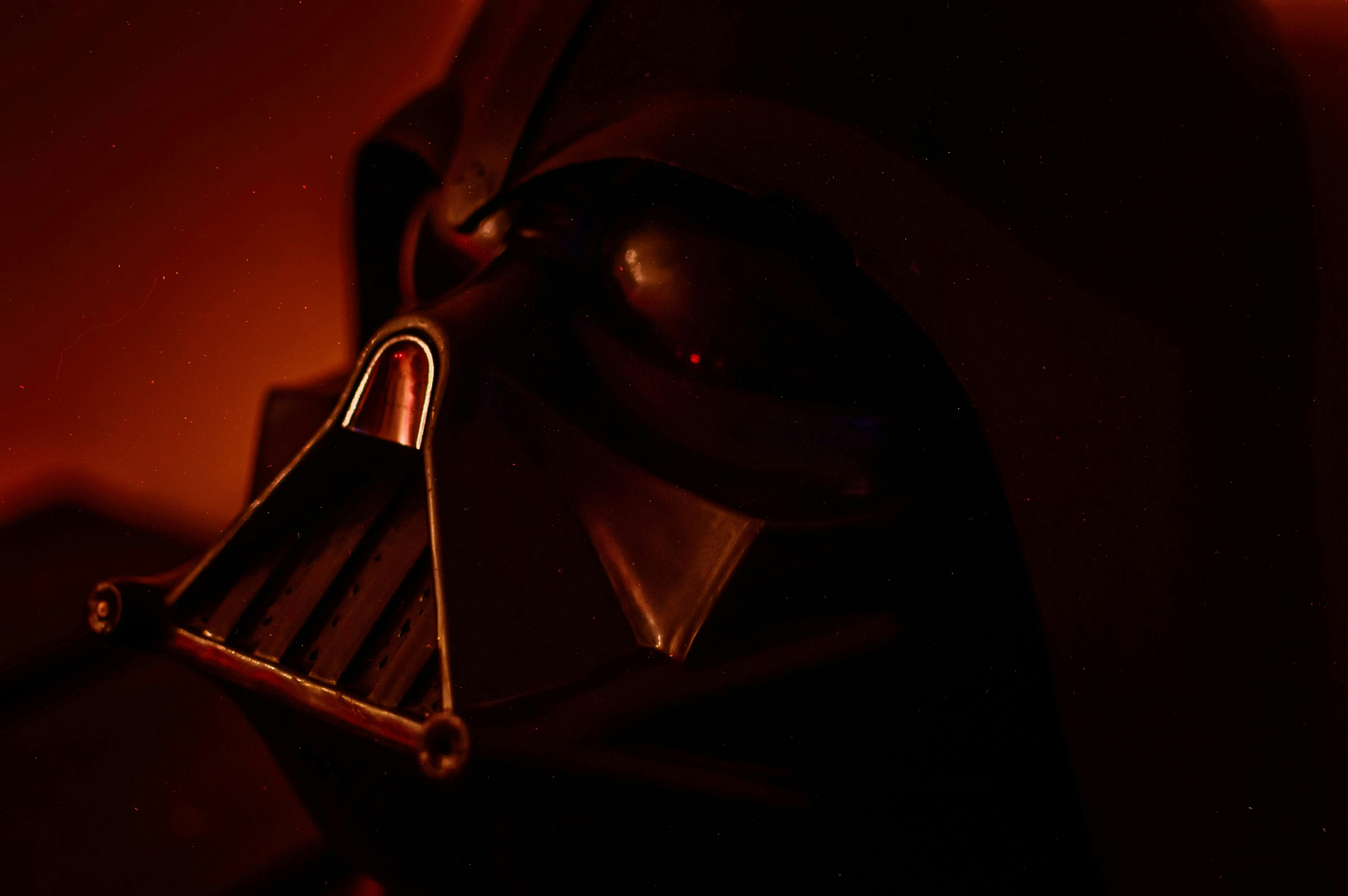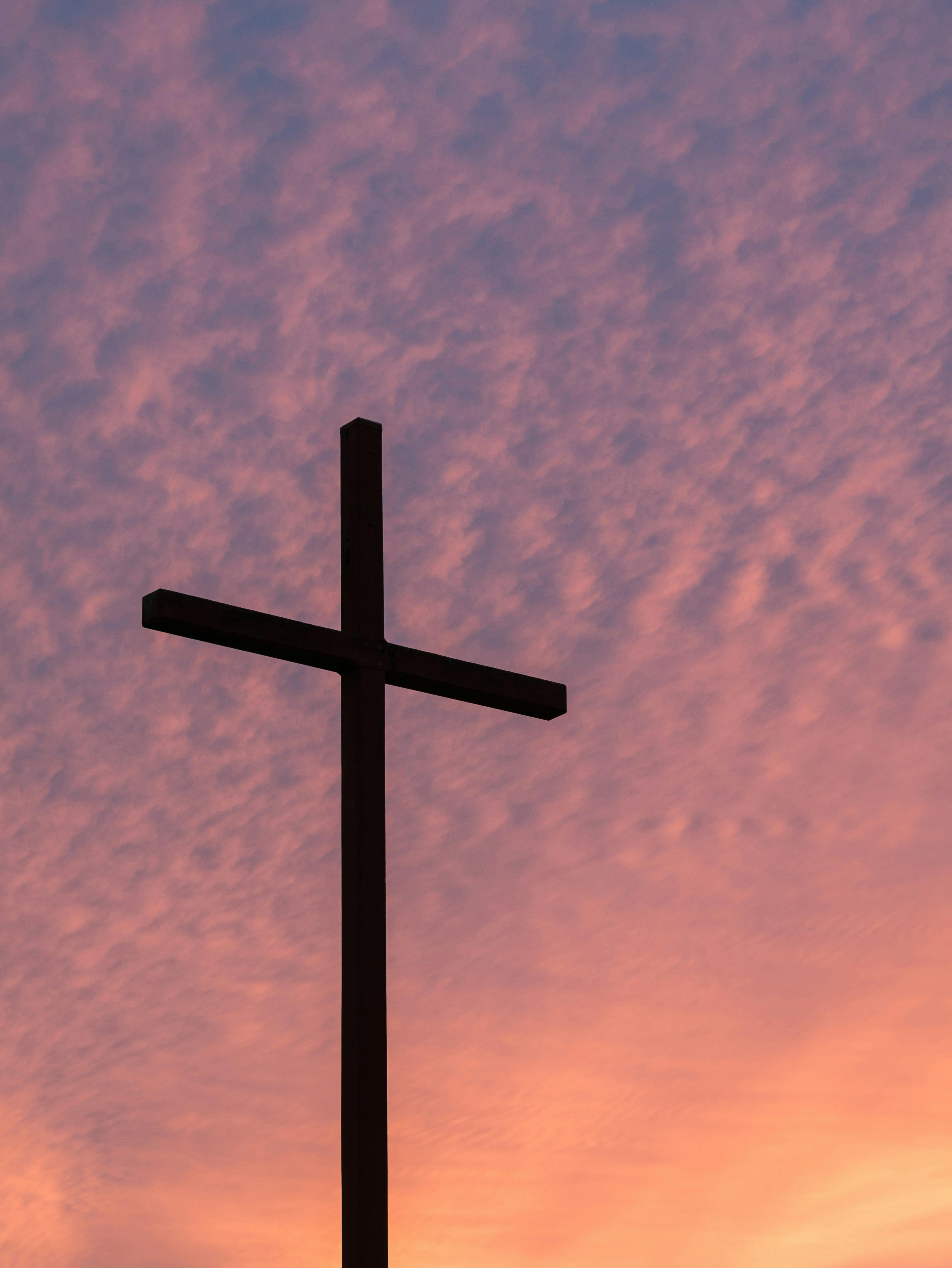“You can’t win, Darth. If you strike me down, I shall become more powerful than you can possibly imagine.”
This mysterious declaration was made by the late British actor Alec Guinness near the final act of the earliest Star Wars film, later titled “A New Hope” (1977). To many, the movie is an IMDB darling, perhaps even a relic of peak sci-fi storytelling, but frankly, nothing more. I believe, however, we could take a closer look and see how this pinnacle of space operas echoes the greatest story ever told: when the God of the universe, just like Obi-Wan Kenobi, made death his ally.
The historic scene bears witness to a stand-off between two of the most iconic characters in cinema: the aforementioned Kenobi and the abominable Darth Vader. It’s good versus evil, Jedi versus Sith, and light versus dark on its most prevalent stage (as far as lightsaber dueling goes), and the galaxy’s fate seems to be riding on this very moment.

Vader, the ex-Jedi-apprentice of Kenobi, had spent years hellbent on striking down his former master. He once gleamed in the presence of Obi-Wan, training under his ways, and had a promising future for the forces of good. But through a long canon of events that would take too much nerd-unpacking to explain (check out the 11 live-action movies and seven TV shows one day), his pride and thirst for control took over and pitted him against the man he once stood alongside in the fight for goodness for everyone, everywhere.
It all culminates in one climactic moment, where Vader faces off with Kenobi, with his mission to finally put an end to the light side seemingly within his grasp. To the viewer’s shock, Kenobi is indeed slain in the duel, made crudely evident by a somewhat hilarious practical effect where his body disappears into a pile of his clothing. Little does the dark-side wielder realize, though, that his killing of Obi-Wan has secured his downfall and was exactly what his former master wanted.
By eliminating Kenobi, he has granted the old man the ability to be “one with the force” in the afterlife—I know my wife is laughing out loud at me while reading this—and, therefore, able to be alive forevermore. Kenobi’s force ghost then guides Luke Skywalker and the Rebel company into blowing up the Death Star base, helps train Luke to defeat Vader, and eventually brings balance to the force (let’s just ignore the Sequels for a bit, shall we?)
TL;DR (it pains me not to belabor more about the lore of the intergalactic mysticisms): Obi-Wan Kenobi embraced and welcomed death from his foe, ignited hope for the galaxy, and somewhere along the way, viewers lived happily ever after.

Sound familiar? Can plagiarism be overlooked if there was a 2000-year span between references? Don’t worry, Lucasfilm—I’ll save you the copyright infringement and cite the primary source.
In roughly 33 AD, Jesus of Nazareth, who had claimed to be God and had garnered a massive following and movement, was publicly crucified. As a result, His followers scattered, and it seemed all hope of what the God-man had stood for was buried in the tomb along with his pierced body. By the accounts of those present, it was over.
Who could blame them, too? How could it not be over? How could Jesus continue his work in the tomb?
When Jesus died, his disciples were confused, lost, and afraid. Like Luke screaming out “No!” upon Obi-Wan’s death and later dejectedly stating, “I can’t believe he’s gone,” Jesus’ friends couldn’t fathom what they witnessed in the death of their master. They, like the young Skywalker, thought their movement was over.
But on that morning, just outside Jerusalem (or in the cockpit of Luke’s X-wing), death was turned on its head, and life was given new meaning. The Son of God was not made vulnerable by dwelling among us in the flesh; he was made all the more powerful. While Jesus came to earth to be a servant and show us how to love, his ultimate goal was the last thing the world would have guessed: to receive death and, by doing so, breathe life and hope into humanity.

It’s as the prophecy said, after all: “Death is swallowed up in victory.” “O death, where is your victory? O death, where is your sting?” The sting of death is sin, and the power of sin is the law. But thanks be to God, who gives us the victory through our Lord Jesus Christ. (1 Corinthians 15:55-57).
On that Easter Sunday, death lost its sting. The eternal and unending power of God raised Jesus up, conquering the grave and sin and giving us a whole new perspective on death so that we, too, may participate in his resurrection. While death was, and is still, long seen as a net negative, Jesus gave a new hope (pun intended) to our afterlives. We may die and live forever with God, too.
In Star Wars, it’s Obi-Wan’s acceptance of death leading to the awakening of Luke Skywalker, the Death Star blowing up (twice), and Vader’s defeat—eventually. In our world, it’s Jesus’ acceptance of death leading to the awakening of a new covenant between God and humanity, the temple curtain being destroyed (once), and Satan’s defeat—eventually.

Though the connections aren’t airtight, I believe a throughline can be established in this intergalactic war and the heavenly fight for humanity. George Lucas is truly an artist in his own right (at least in world-building, perhaps not in dialogue-writing), and this is not to take away from his creation—I owe him credit for providing me with days of entertainment, the number of which I will not disclose.
But in our real world, just 2,000 years ago, the cosmos was fractured in a way that Star Wars merely reflects: that a long time ago, in a galaxy not so far away, the God of the universe made death his ally and created a new hope for humankind to forever be in awe of.
We have Easter services that we’d love to see you at—including Online options. Check out locations and services times best for you right here.
Disclaimer: This article is 100% human-generated.
Reflections to share? Got an idea for an article? Email us at articles@crossroads.net










